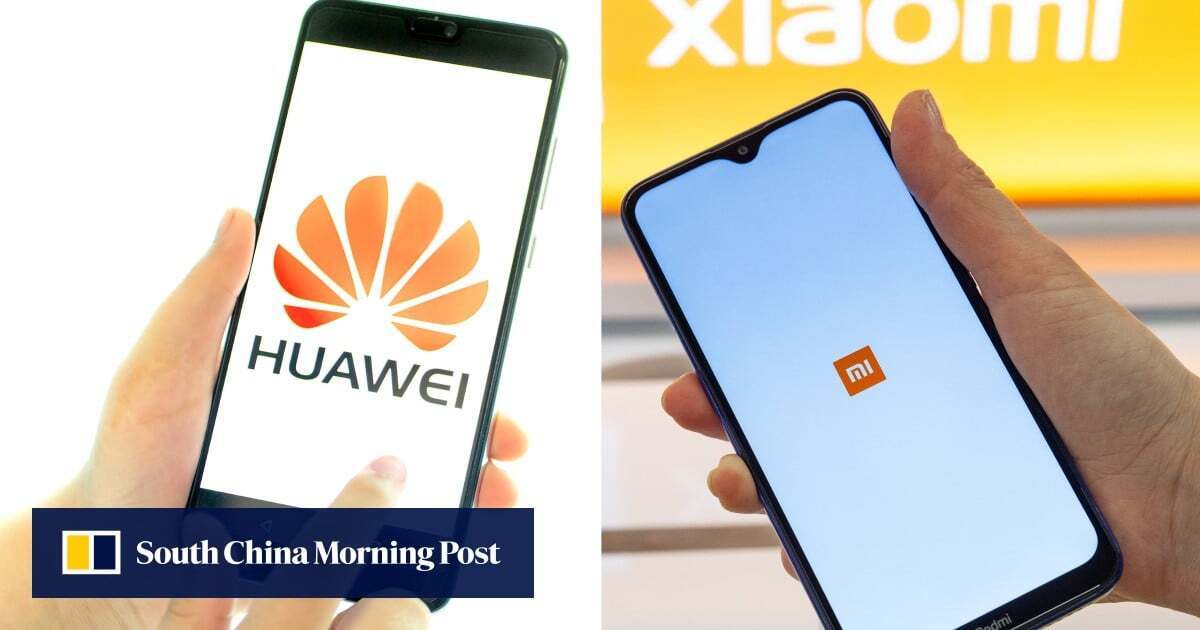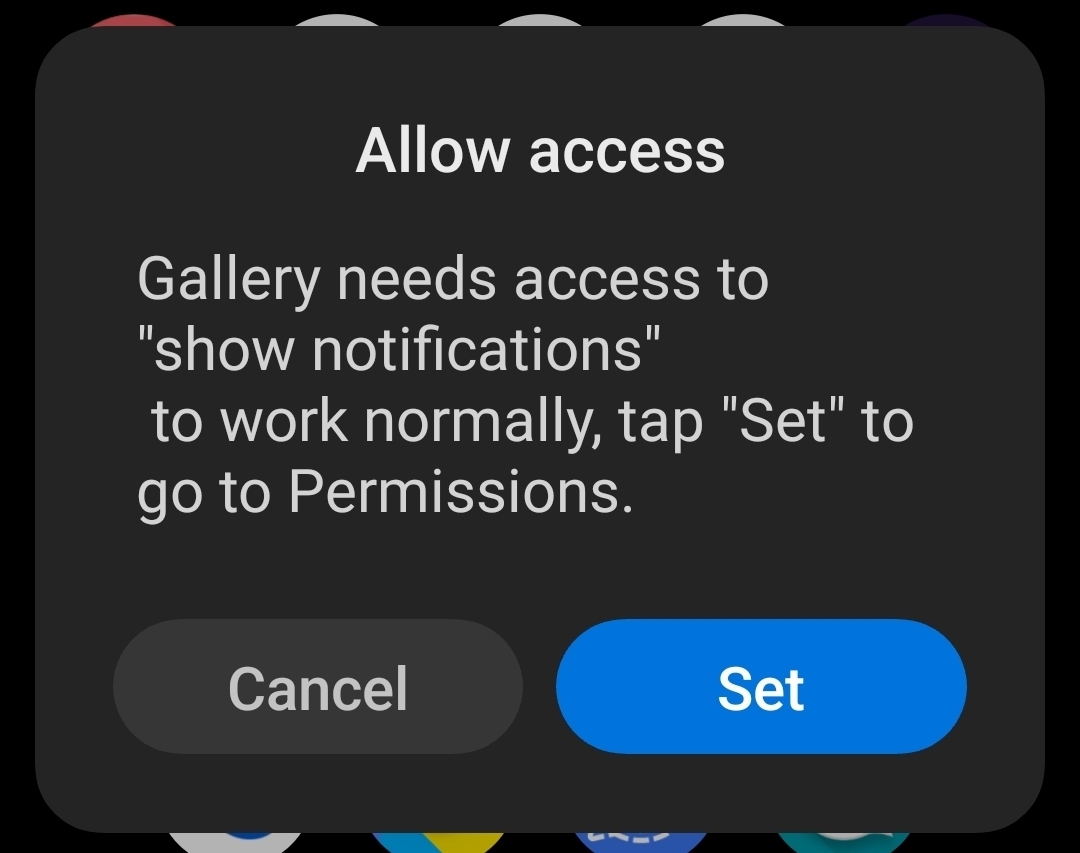2 Likes
1 Shares
#news #cloud #technology #fail #spy #surveillance #bigbrother #software #fail #economy #privacy
♲ anonymiss - 2024-11-06 17:14:18 GMT
Why is my air fryer spying on me? Which? reveals the #smart devices gathering your data - and where they send it
Source: which.co.uk/policy-and-insight…
The Aigostar air fryer wanted to know gender and date of birth when setting up an owner account, again for no clear reason, but this was optional. The Aigostar and #Xiaomi fryers both sent people’s personal data to servers in #China, although this was flagged in the #privacy notice.
Why must smart technology be in the #cloud - is the advantage of this only surveillance? 🤔
#news #technology #Software #economy #fail #spy #bigdata #bigbrother #orwell #Problem #security
The Aigostar air fryer wanted to know gender and date of birth when setting up an owner account, again for no clear reason, but this was optional. The Aigostar and #Xiaomi fryers both sent people’s personal data to servers in #China, although this was flagged in the #privacy notice.
Why must smart technology be in the #cloud - is the advantage of this only surveillance? 🤔
#news #technology #Software #economy #fail #spy #bigdata #bigbrother #orwell #Problem #security
#Android #Mobile OS Snooping By #Samsung, #Xiaomi, #Huawei and #Realme Handsets
#2021
[...] It is worth noting that much of the functionality of the Android OS3 is provided by so-called system apps. These are privileged pre-installed apps that the OS developer bundles with the OS. System apps cannot be deleted (they are installed on a protected read-only disk partition) and can be granted enhanced rights permissions not available to ordinary apps such as those that a user might install. It is common for Android to include pre-installed third-party system apps, i.e. apps not written by the OS developer. One example is the so- called #GApps package of #Google apps (which includes Google Play Services, Google Play store, Google Maps, Youtube etc). Other examples include pre-installed system apps from Microsoft, LinkedIn, Facebook and so on.
We intercept and analyse the data traffic sent by the Android OS, including by pre-installed system apps, in a range of scenarios [...]Details of installed apps. Samsung, Xiaomi, Realme, Huawei, Heytap and Google collect details of the #apps installed on a handset. Although less worrisome than #tracking of user interactions with apps, the list of installed apps is potentially sensitive information since it can reveal user interests and traits, e.g. a muslim prayer app, an app for a gay magazine, a mental health app, a political news app. It also may well be unique to one handset, or a small number of handsets, and so act as a device #fingerprint (especially when combined with device hardware/system configuration data, which is also widely collected).
[...]
https://www.scss.tcd.ie/Doug.Leith/Android_privacy_report.pdf

The Watch 2 Pro is Xiaomi’s first smartwatch to run Wear OS. It is a properly high-end smartwatch with a 1.43-inch OLED screen inside a 46mm stainless steel case with an IP68 rating. It also features a digital crown, similar to the Apple Watch and the Pixel Watch.
Qualcomm’s 4nm Snapdragon W5+ Gen 1 chip powers this smartwatch. It comes with a 65-hour battery life promise, higher than the Galaxy Watch 6’s 40-hour claim but lower than the Galaxy Watch 5 Pro’s 80-hour figure.
Xiaomi’s new smartwatch can also measure body composition, which was earlier only available on Galaxy Watches. It also features blood oxygen measurement, heart rate tracking with high heart rate notifications, sleep tracking, and stress measurements. It has dual-frequency GPS, though, which is not available on any Galaxy Watch, and it offers more accurate location tracking accuracy.
So, all in all, very interesting, and it is high time there was better competition in the Wear OS market. It lacks ECG functionality, and we’ll have to see how it does in the real-world for heart rate tracking. So far, only the Huawei watch is close to Apple Watch territory when it comes to really accurate heart rate tracking (my own Galaxy Watch has shown rather disappointing results for exercise tracking). The Huawei watch, though, had its NFC payments functionality pulled in my country, and that was a bit of a dealbreaker for me (and interestingly, the linked article does not mention anything about NFC on the Xiaomi watch).
The Wear OS watches have not had really great battery life, like the Huawei watch does, which runs its own OS. I get about two and a half days off my Galaxy Watch, but I feel it could be better.
So, I’m going to be very interested to see the hands-on reviews of this watch, as well as the objective health tracking tests.
See https://www.sammobile.com/news/xiaomi-watch-2-pro-wear-os-launched-compete-galaxy-watch-6
#Blog, #technology, #WearOS, #xiaomi

Their patents cooperation will pose a formidable new challenge to key competitors such as the Empire’s global champions, #Apple and #Samsung.
"Huawei Technologies and Xiaomi Corp, two of China’s largest smartphone vendors, have set aside their intellectual property (IP) dispute to forge a global patent cross-licensing deal that covers multiple communications technologies including 5G, which could help bolster the expansion initiatives of both companies."
#Technology #Patents #Sanctions
https://www.scmp.com/tech/big-tech/article/3234571/chinese-smartphone-giants-huawei-and-xiaomi-reach-global-patent-cross-licensing-deal-fuelling-both





They are slightly different, but don't know which one I like more.
There are clear differences between phone camera app and open camera.

I have almost all the notifications turned off, do not like to see or hear their stupid and annoying reminders anytime I do something.
It has been working just fine until this morning when I finally updated my phone to android 13.
I don't think I can go back, and now I have to find alternatives to all those apps.


These 2 pictures are taken without zoom and zoomed out 0.65x it is useful when taking pictures of streets or buildings.